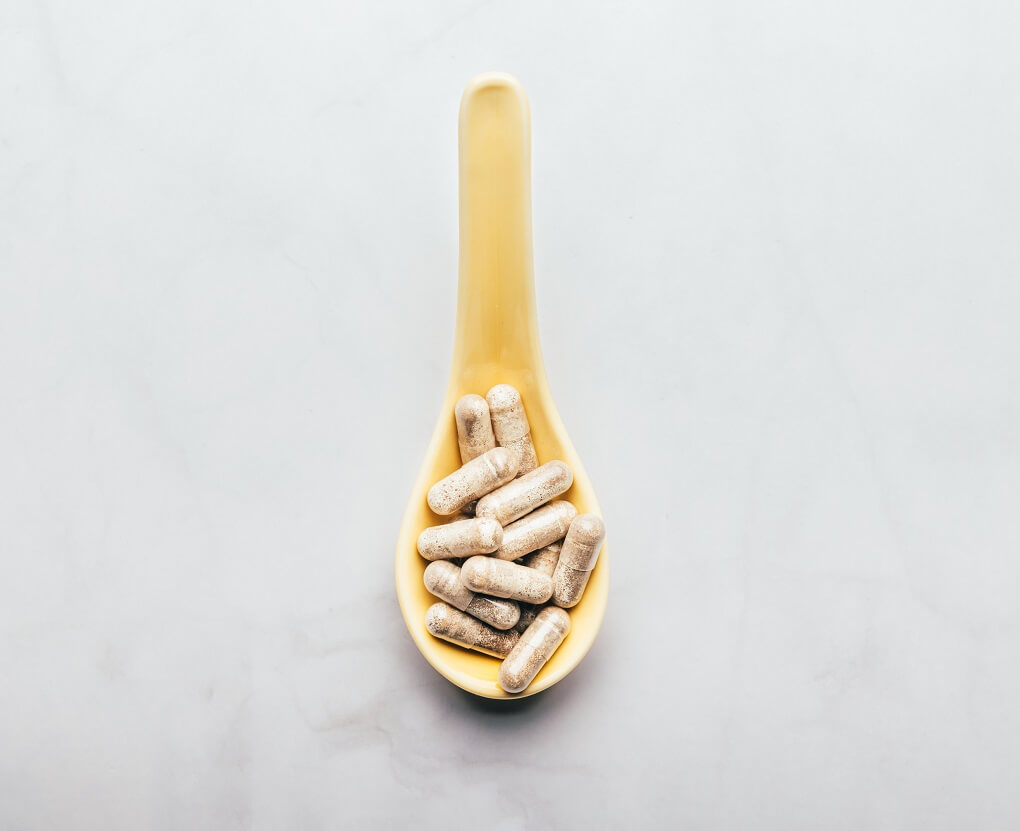You may know all about probiotics and how they can benefit your digestive health. Good gut bacteria = good gut health. So take your probiotic. Simple, right? Unfortunately, what you may not realize is that, like all living organisms, these healthy bacteria that populate your gut
need to be nourished — and that their superfood is (you guessed it) prebiotics.
“Think of prebiotics as the fertilizer that enables your gut garden to thrive,” says
New York City–based integrative physician Frank Lipman, MD.
Without healthy soil your good bacteria will not grow on its own. If you want to heal your gut or keep it happy, you’ll see why getting enough of both probiotics and prebiotics is key.
What are prebiotics and how are they different from probiotics?
Prebiotics are types of indigestible fiber that are as critical to the health of your microbiome, as the bacteria they feed. Your gut microbiome is kind of like an ecosystem made up of a variety of bacteria, viruses, fungi- both good and bad. Prebiotics help you feed your good bacteria which which then keep potentially harmful bacteria at low levels. The more prebiotic you consume the more diverse and plentiful your gut microbiome becomes.
Probiotics are not as resistant as prebiotics. They may die off when they come into contact with your stomach acid or heat. Taking a probiotic will also limit you to the strains available in the probiotic. These strains are usually 1-2 different types. Prebiotics will feed the good bacteria already living in your gut thus avoiding destruction by external sources. They also provide nutrients that allow a variety of good bacteria to flourish and become more diversified.
What are the pros of prebiotics?
Researchers are still working to find the exact mechanism that prebiotics support human health. But we do know that many of their benefits can be attributed to their fermentation byproducts. Essentially when you ingest a prebiotic, it gets to your large intestine where the good bacteria will start to eat them. This process creates an important by-product called short chain fatty acids (SCFA).
These SCFA produce an array of known health benefits for you and your gut like:
1. Boosting nutrient absorption. SCFA create an environment that is
ideal for absorption of key nutrients.
2. Protecting against leaky gut. SCFA improves the integrity of the intestinal wall playing a key role in preventing leaky gut. This is a condition in which toxins, foods etc can cross from your digestive system to your bloodstream and cause inflammation.
3. Balancing the Ph in your gut. SCFA reduce acid in the intestinal lining that can make you more susceptible to pathogenic microorganisms
4. Weight loss. A specific ratio of SCFA and have been shown to increase satiety and decrease weight.
Where can I find sources of prebiotic?
Prebiotics are found in the fibres of vegetables and fruits. One of the best things you can do for your gut microbiome is diversify the vegetables and fruit you eat. I challenge my patients to choose 3 new vegetables to eat each week. This will ensure that their gut
microbiome is diverse.
More sources of prebiotic:
a. Oligosaccharides and Fructo-oligosaccharides (FOS): Types of carbohydrate found in some fruits and vegetables, including leeks, onions, asparagus, jicama, bananas, garlic, and Jerusalem artichokes
b. Soluble fiber: Fiber that easily dissolves in water; found in sources such as oatmeal, ground flaxseeds, psyllium,
c. Fermented foods if tolerated: These foods include pickles, sauerkraut, kimchi, miso, kefir
Now its your turn
Are experiencing symptoms that suggest your gut is lacking in prebiotics? Do you have more questions about prebiotics or your gut health in general?
Please email us at [email protected] and book a free 15 min meet and greet. Get in touch about ways to improve your gut health today.


